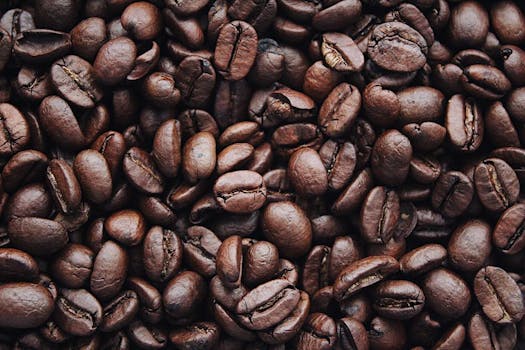Have you ever caught your cat eyeing your Greggs cheese scone and wondered if it’s safe to share? While it may seem harmless to offer a nibble, there are important dairy and pastry concerns to consider before feeding your feline friend. Cats have unique dietary needs, and some human foods can cause more harm than good. Let’s explore whether Greggs cheese scones are suitable for cats and how they may affect your pet’s health.
🧀 Can Cats Eat Dairy? Understanding the Risks
Dairy products, including cheese, are often associated with cats in pop culture, but the reality is far different. Most adult cats are lactose intolerant, meaning their digestive systems cannot properly break down lactose, the sugar found in milk and dairy products. This intolerance can lead to unpleasant symptoms.
- Diarrhea
- Vomiting
- Abdominal discomfort
Cheese may also contain added salt, fats, and artificial flavorings that are not suitable for cats. While a small lick of cheese is unlikely to cause serious harm, feeding it regularly or in large amounts can disrupt your cat’s digestion and lead to weight gain or other health issues.
🥐 The Problem with Pastries: Why Scones Aren’t Ideal
Pastries like scones are rich in ingredients that aren’t cat-friendly. They are typically made with flour, butter, sugar, and sometimes salt—all of which can be problematic for your pet. Greggs cheese scones, in particular, combine both pastry and dairy, making them doubly unsuitable for cats.
Here are a few reasons why pastries should be avoided:
- High fat content can lead to obesity and pancreatitis
- Sugar is unnecessary and unhealthy for cats
- Salt can cause dehydration and electrolyte imbalances
In addition, some scones may contain ingredients like garlic or onions, which are toxic to cats even in small amounts. It’s best to keep all baked goods out of your cat’s reach.
🐱 What Happens If a Cat Eats a Cheese Scone?
If your cat manages to sneak a bite of a Greggs cheese scone, the effects will depend on the amount consumed and your cat’s individual tolerance. While one small bite might not cause immediate harm, larger quantities can lead to digestive upset or more serious issues.
Watch for the following symptoms if your cat eats cheese scones:
- Diarrhea or loose stools
- Vomiting
- Lethargy or discomfort
- Dehydration
In rare cases, the high fat content could trigger pancreatitis, a potentially life-threatening condition. If your cat shows signs of severe illness, contact your veterinarian immediately.
🌱 Healthier Alternatives for Cats
Instead of sharing your cheese scone, consider offering your cat a treat that’s specifically designed for their nutritional needs. There are plenty of healthy and safe options available, including:
- Commercial cat treats
- Cooked, unseasoned chicken or fish
- Small portions of cooked egg
Always introduce new foods in moderation and monitor your cat for any adverse reactions. Consult your vet if you’re unsure whether a particular treat is safe.
👩⚕️ Vet Advice: Keeping Your Cat Safe
As tempting as it may be to share your snacks, it’s important to prioritize your cat’s health and well-being. Human foods like Greggs cheese scones may seem harmless, but they can cause digestive upset or even long-term health issues. Stick to a balanced, high-quality cat diet and reserve treats for foods specifically made for felines.
If your cat accidentally consumes a cheese scone, don’t panic. Monitor them closely for any symptoms and contact your veterinarian if you’re concerned. Prompt action can help prevent complications and ensure your cat stays happy and healthy.
FAQs
Can cats eat cheese?
Most cats are lactose intolerant, so cheese can cause digestive issues like diarrhea and vomiting. It’s best to avoid feeding cheese to your cat.
What should I do if my cat eats a cheese scone?
Monitor your cat for symptoms like diarrhea, vomiting, or lethargy. Contact your vet if they show signs of illness or if you’re unsure how much they ate.
Are there any safe human foods for cats?
Yes, small amounts of plain, cooked chicken, fish, or egg can be safe for cats. Always avoid seasonings, sauces, and toxic ingredients like garlic and onions.
Why are pastries bad for cats?
Pastries are high in fats, sugars, and sometimes salt, which can cause digestive upset, weight gain, or more serious health issues in cats.
Can kittens have cheese or scones?
No, kittens should not have cheese or scones. Their digestive systems are even more sensitive than adult cats, and these foods can cause serious issues.
References
Book a $49 online vet consultation at https://www.dialavet.com for fast, expert advice.























